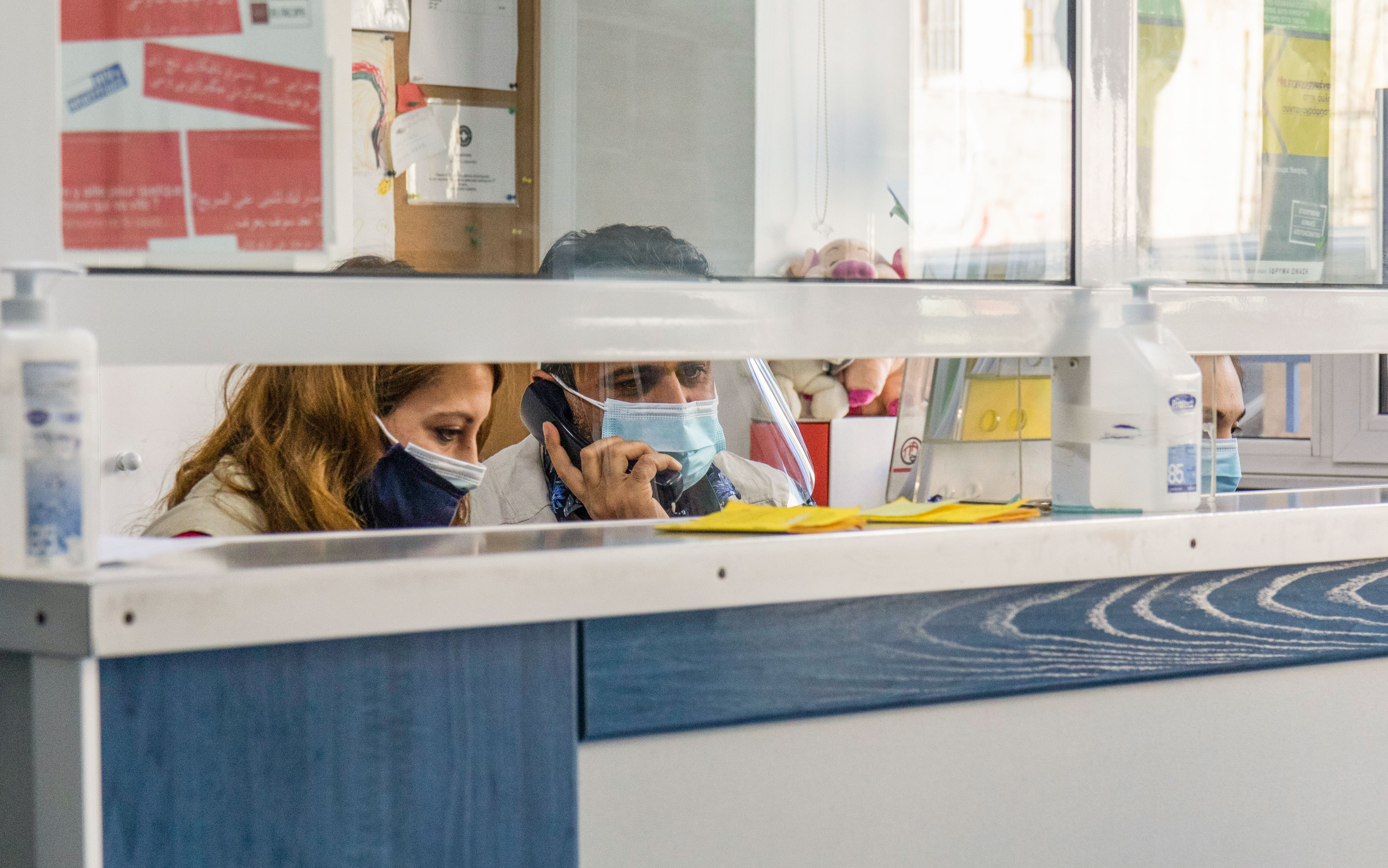A few words on our approach
Médecins du Monde analyses the dimensions of health care in the light of social justice. They emphasize issues such as the distribution of resources and power in the modern world and the existence of inequalities, exclusions and discrimination against social groups from services and rights based on certain discriminatory characteristics such as social status, available income, gender and gender identity, ancestry, external human characteristics, religious belief and age.
Médecins du Monde vision includes an alternative humanitarian model that places great importance on principles such as commitment, accountability and inclusion.
Médecins du Monde activities are closely linked to the concept of caring, which is defined as “a kind of activity that involves everything we do to maintain, continue and improve our world so that we can live in it as best as possible in terms of sustainability and well-being”.
As a humanitarian organisation, we adhere to a set of fundamental principles, including those related to humanitarian ethics, ethics of justice and medical principles. In addition, the ethics of care, as well as the ethics of health care and therapeutic relationship and responsibility, allow us to shape our ethical thinking so that it is focused in our practices and areas of work.
With this in mind, we also chose to incorporate the ethics of care to guide us.
The practice of caring, both as thought and action, involves four stages in its execution:
- Understanding the needs;
- Taking responsibility for these needs;
- The implementation of care and treatment; and
- Establishing a systematic approach to how individuals contribute to the process.
This practice is based on a set of ethical principles, consistency, accountability, confidentiality, competence, the ability of individuals to make decisions about their lives and act for change, and the value of solidarity.
